I imitate a memory of belief that I do not own
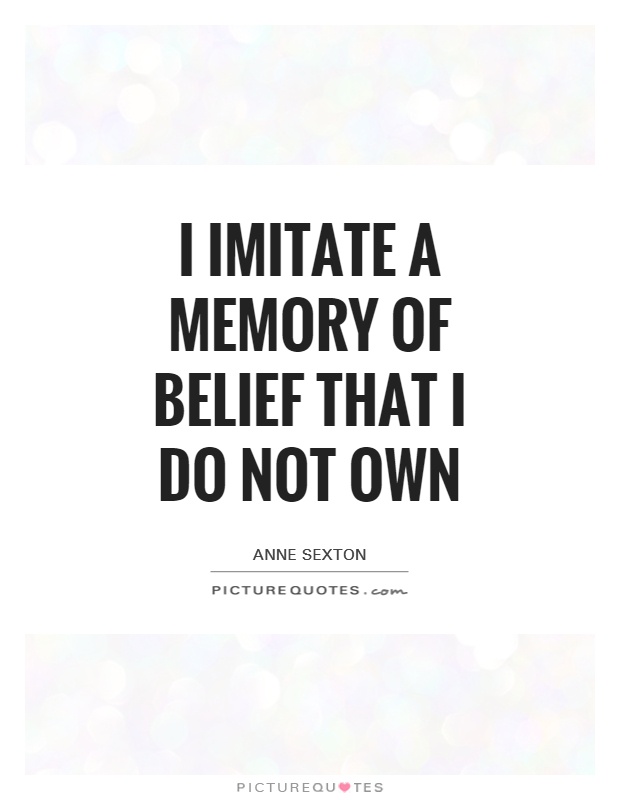
I imitate a memory of belief that I do not own
Anne Sexton was a poet known for her raw and confessional style of writing, delving into themes of mental illness, motherhood, and the struggles of being a woman in a patriarchal society. In her poem "For John, Who Begs Me Not to Enquire Further," Sexton explores the idea of imitating a memory of belief that she does not truly own.The poem begins with Sexton addressing John, who begs her not to inquire further into a painful memory. She describes how she is haunted by this memory, feeling as though she is being pulled back into the past against her will. Sexton writes, "I am a memory of belief that I do not own," suggesting that she is being forced to relive a belief or experience that is not truly hers.
Sexton's use of language in this poem is powerful and evocative, drawing the reader into her emotional turmoil. She describes feeling like a "ghost" or a "shadow" of her former self, trapped in a cycle of pain and regret. The repetition of the phrase "I am a memory" emphasizes the sense of being stuck in the past, unable to move forward or let go of the pain.
Throughout the poem, Sexton grapples with the idea of ownership and agency over her own memories and beliefs. She questions whether she has the power to control her own thoughts and experiences, or if she is simply a passive observer in her own life. This struggle is a common theme in Sexton's work, as she often grappled with feelings of powerlessness and self-doubt.
Ultimately, "For John, Who Begs Me Not to Enquire Further" is a poignant exploration of the ways in which our past experiences can shape our present selves. Sexton's haunting imagery and introspective tone make this poem a powerful meditation on memory, belief, and the complexities of human emotion.
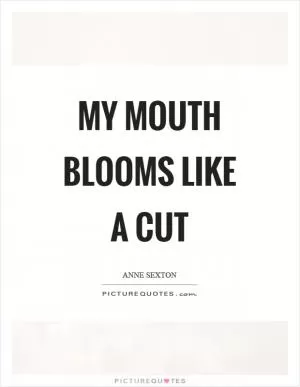

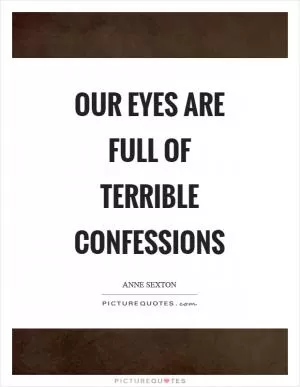
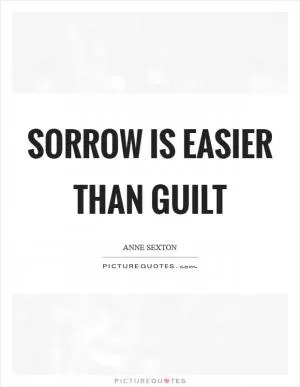
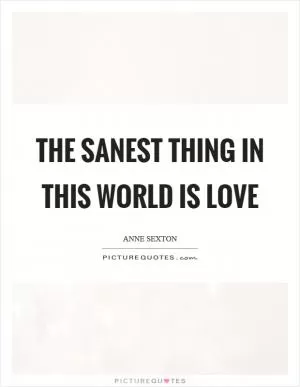

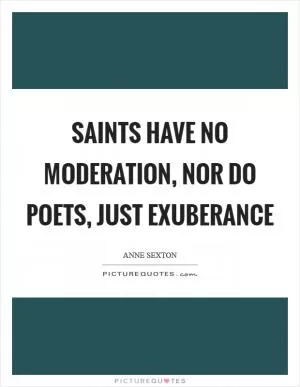

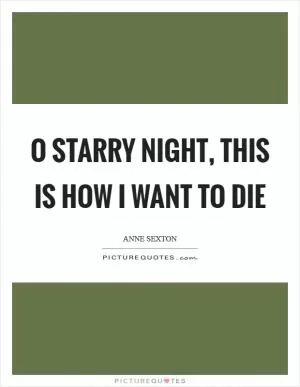



 Friendship Quotes
Friendship Quotes Love Quotes
Love Quotes Life Quotes
Life Quotes Funny Quotes
Funny Quotes Motivational Quotes
Motivational Quotes Inspirational Quotes
Inspirational Quotes